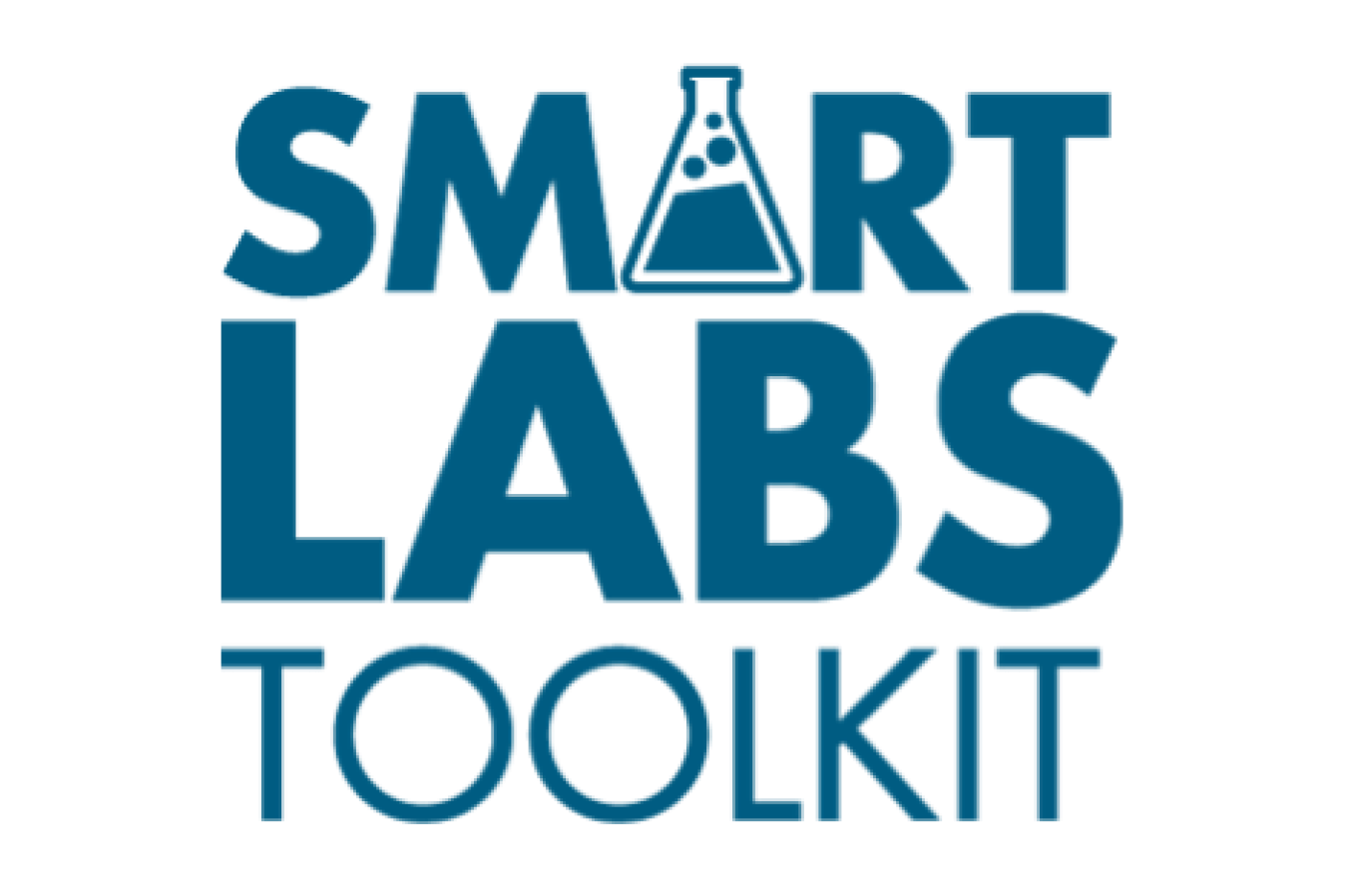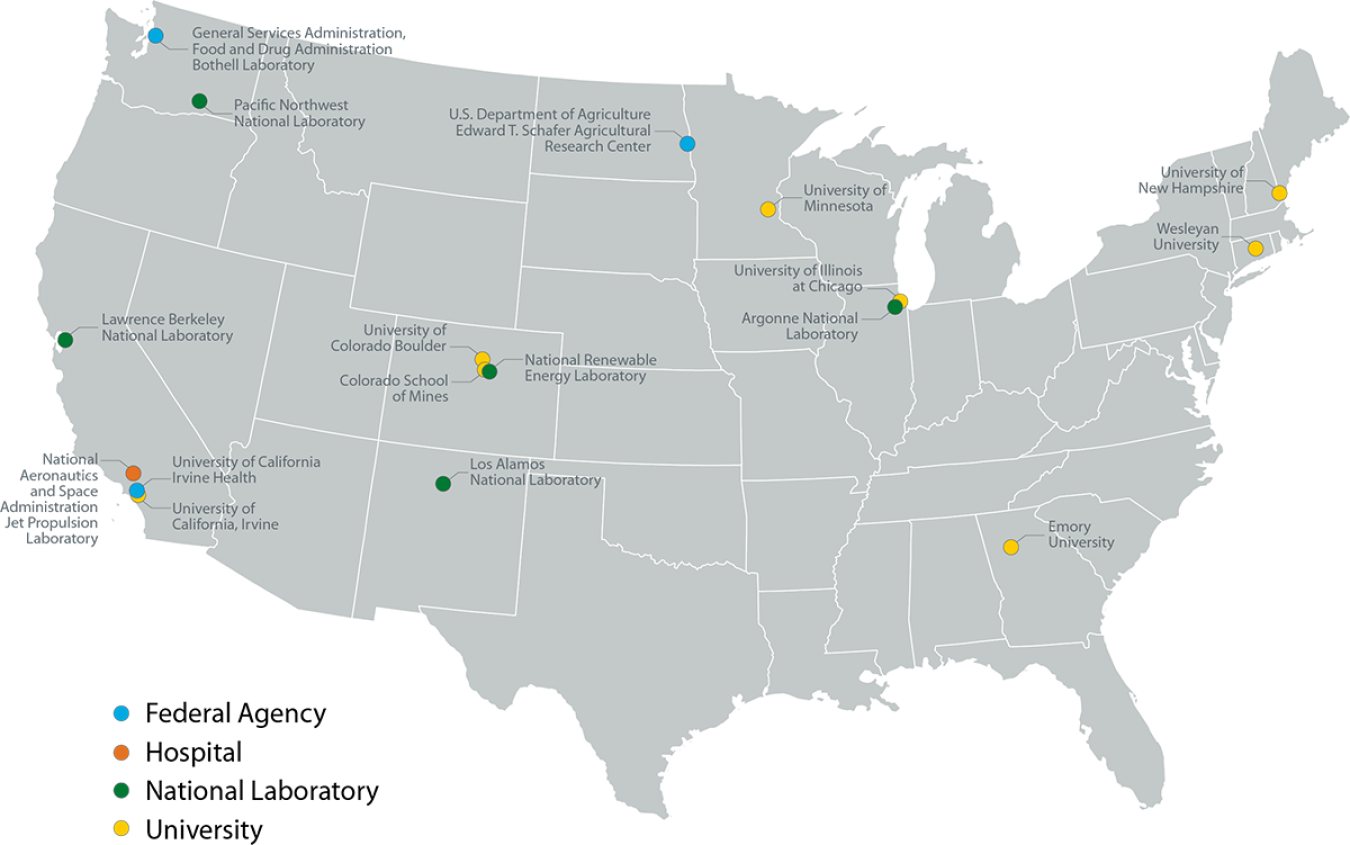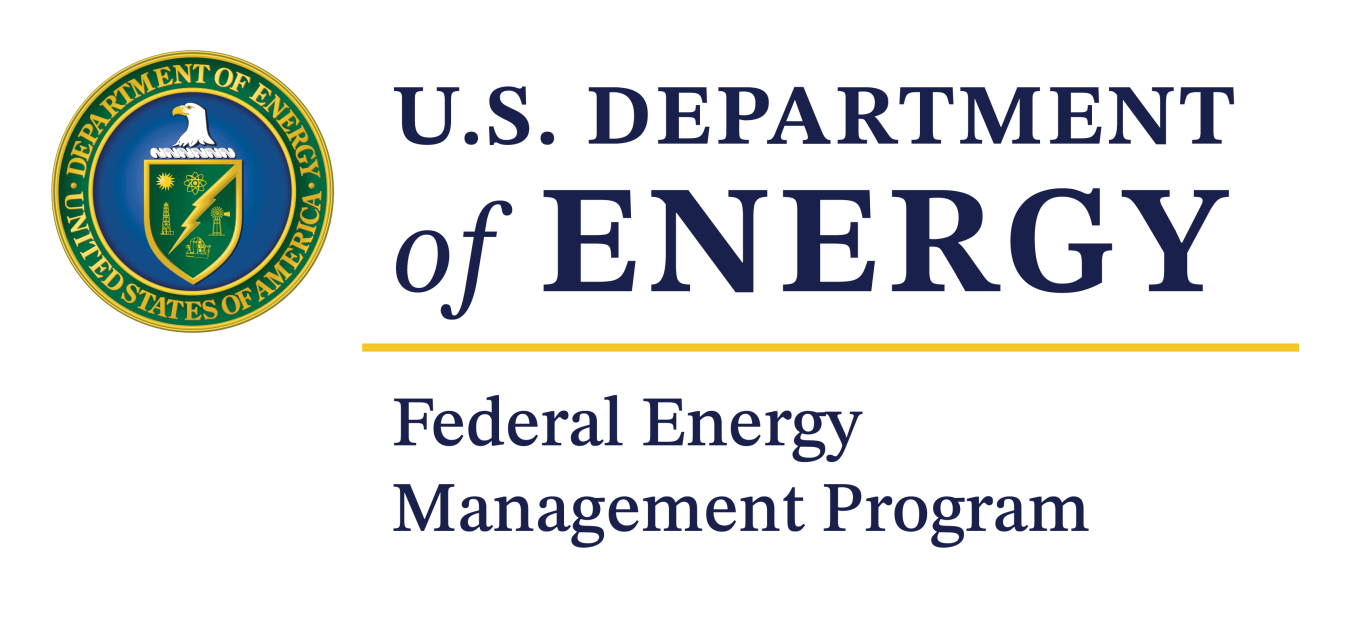The Federal Energy Management Program's (FEMP) Smart Labs initiative enables safe and efficient world class science to occur in laboratories through high-performance methods. A Smart Labs program employs a combination of physical, administrative, and management techniques to assess, optimize, and manage high performance laboratories.
Explore the Program
Learn more about the Smart Labs process. View Transcript

Smart Labs Toolkit
To guide stakeholders in developing a successful Smart Labs program, the Smart Labs Toolkit describes a systematic process to help laboratory owners and operators plan, assess, optimize, and manage laboratory facilities.
The toolkit includes step-by-step guidance, videos, tools, case studies, and other resources to help organizations cost-effectively achieve safe, efficient, and sustainable laboratories.
The Smart Labs Toolkit was developed by several contributors and includes case studies highlighting of best practices and lessons learned from partners that participated in the Better Buildings Smart Labs Accelerator.
Federal Labs Working Group
The Federal Labs Working Group is a group dedicated to empowering federal agencies in achieving energy-related goals within laboratory facilities. The group is committed to implementing affordable and safe solutions while providing energy leadership to the nation through the identification and leverage of industry best practices in Smart Labs. Learn more about the working group and how to join.
Smart Labs Accelerator
FEMP teamed with Better Buildings on the Smart Labs Accelerator, an initiative that invited forward-leaning laboratories to be Smart Labs Accelerator Partners.
Federal agencies, hospitals, national laboratories, and universities across country have committed to implementing no- or low-cost measures in labs as part of the Smart Labs Accelerator.

Need Assistance?

Need help finding a document or tool? FEMP can help. Ask FEMP a question.

